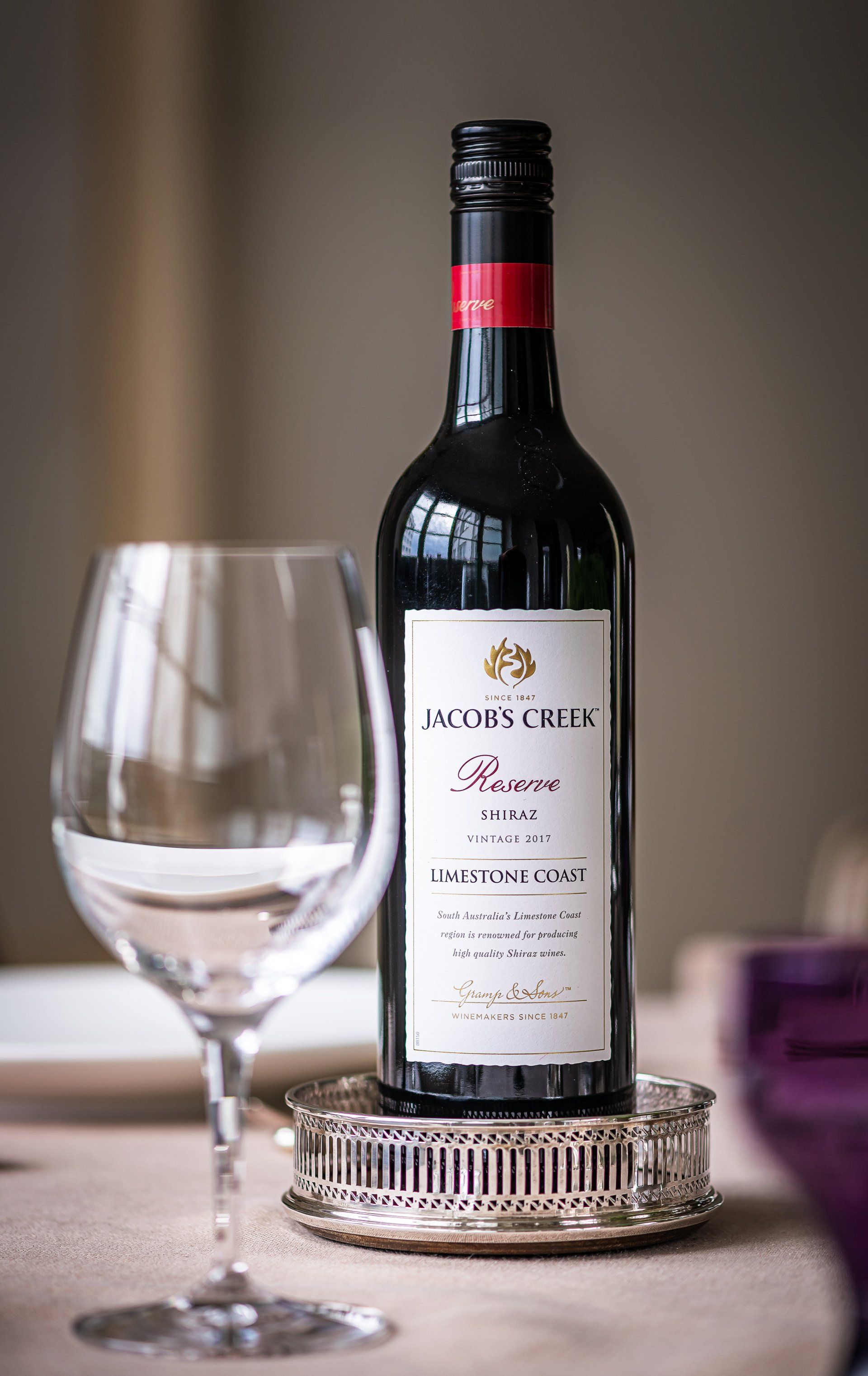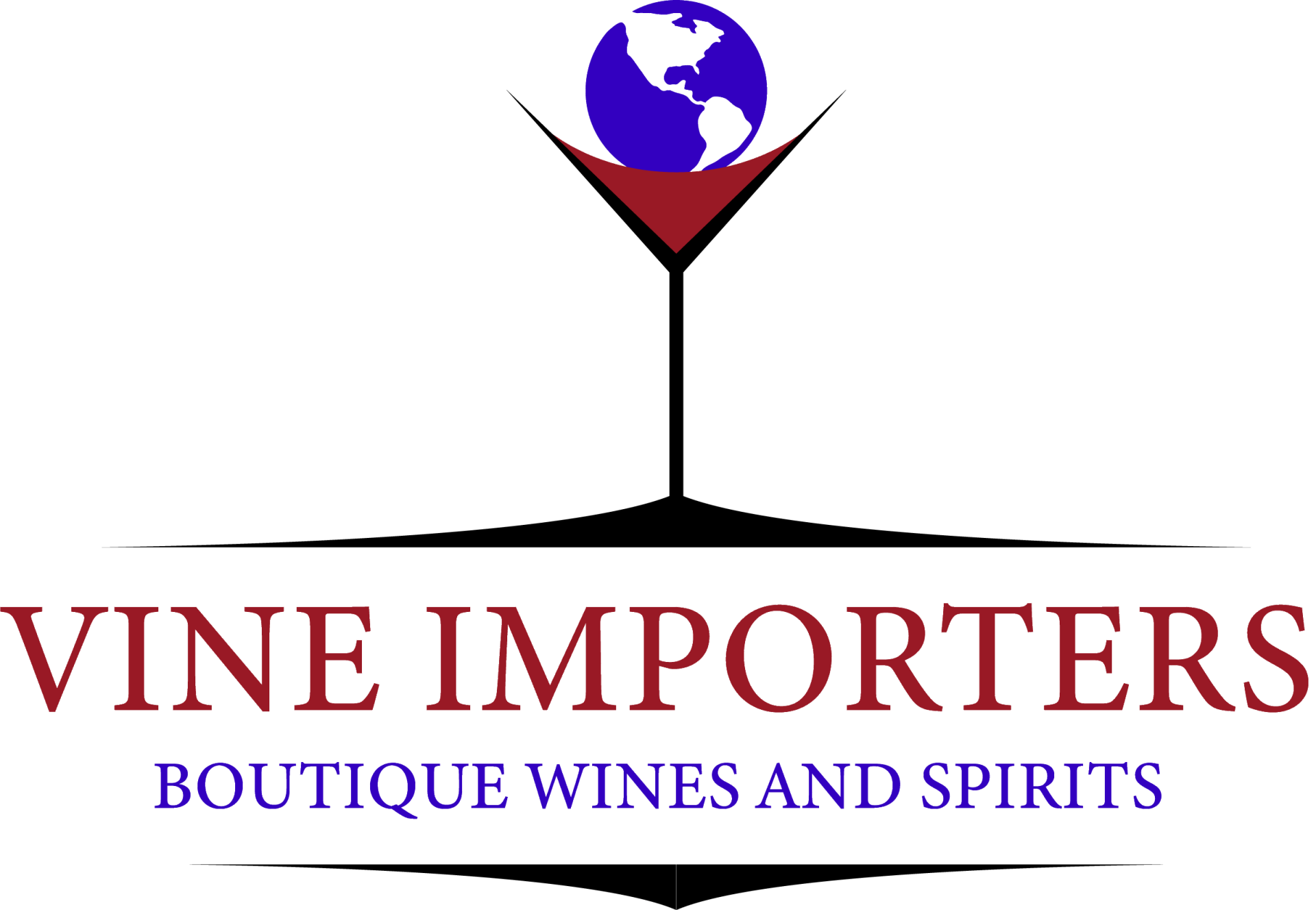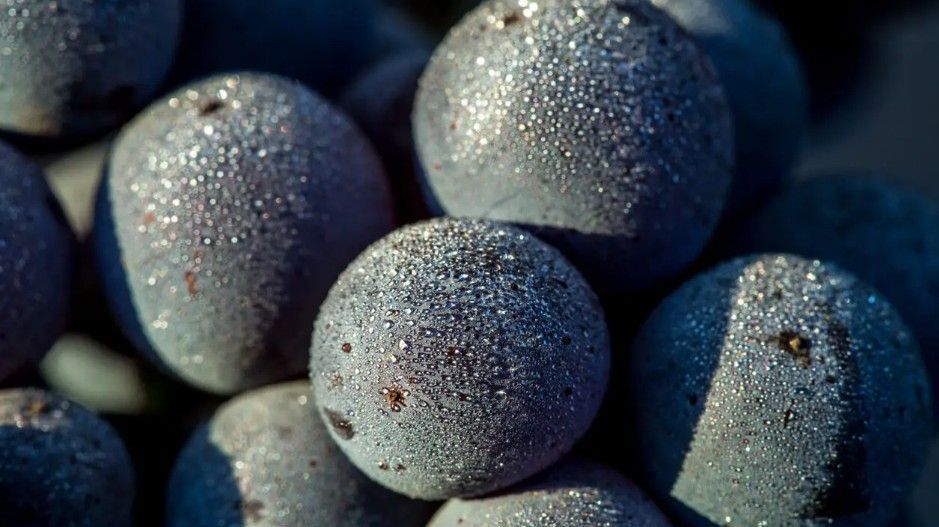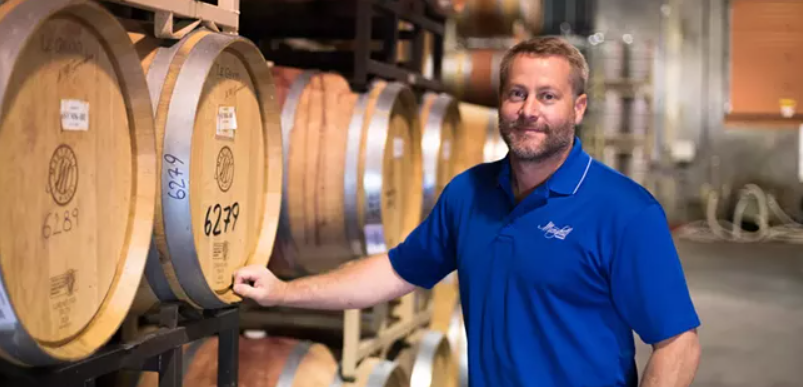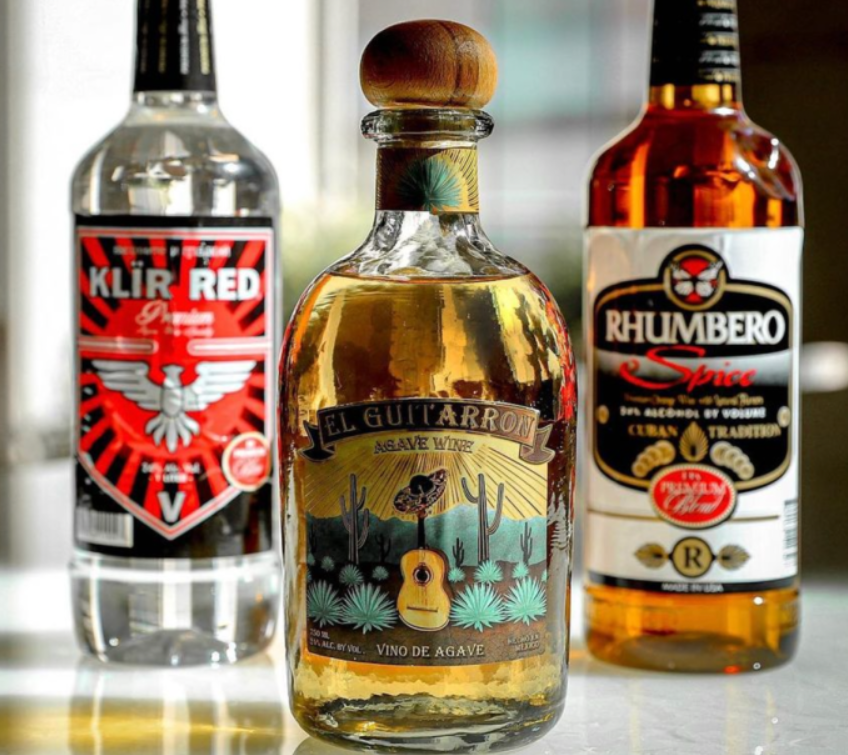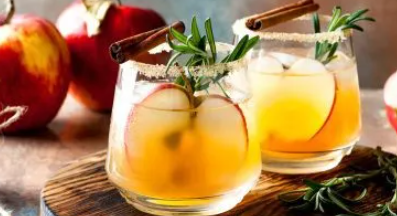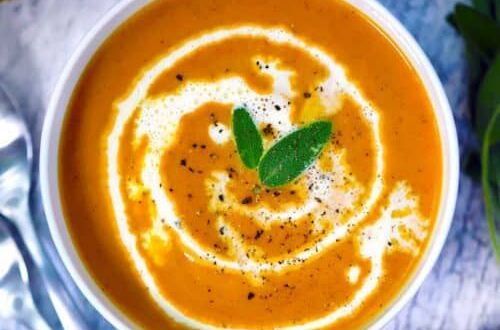What is a Wine Importer and what do they do?
Article from Wine Enthusiast/LinkedIn
If you're an inquisitive wine drinker, you might want to know what village the wine came from, what soil type the vine grew on and how long the wine was aged. But few think about how the bottle got to the wine shop from the producer's winery in a faraway land.
What is a Wine Importer?
The role of a wine importer can be thankless and rather invisible to most consumers. Wine often must be transported from its place of origin to another location, say, from Champagne to the U.S. Simply put, importers procure goods from another country with intent to sell in their own country. They often work together with government organizations and distributors to make these goods available in their own country.
Wine Importers to Know
"The name of the importer, in a lot of cases, is a reflection of that person's palate", says Kermit Lynch, founder of Kermit Lynch Wine Merchant and author of Adventures on the Wine Route: a wine buyer's tour of France (Farrar, Straus and Giroux, 1990), a book that documented his food- and wine-soaked journeys throughout Old World vineyards now considered hallowed grounds by many U.S. wine lovers.
"My book inspired people to become importers, and I don't blame them", says Lynch. "What an incredible job! I can't think of anything more fun - eating and drinking well every day. Reading that book inspired lots of Americans to become competitors with me."
Each importer had their own unique take on a region, much like a food critic or wine reviewer has a specific style they like and review better than others. You have to learn what those styles are and align yourself with those that have similar tastes to yours. Garth Hodgdon, formerly the U.S. brand ambassador and founder of Champagne import company, believes that "getting to know the importers and the types of wines they represented were almost as important as getting to know the individual producers themselves".
Importers in Retail and Restaurants
Consumers aren't the only ones who benefit from importers' expertise. Retailers also develop relationships with importers and study their portfolios to decide which one best suit their interests and clientele. Subsequently, the stoch of imports bearing the stamp of certain importers can inadvertently turn the retailer into an arbiter of taste, too.
"Smaller importers often mean smaller producers." We are constantly striving to bring in newer, smaller producers that are exciting and new to the U.S. market. We find these producers often have a higher quality-to-price ratio because they are lesser known in this market, and it feels good to support a small producer.
Sommeliers and restaurant beverage directors also develop relationships with importers to help them choose what wines can be served at their restaurants. This daunting task is made significantly easier if the sommelier understands who imports what and the importer's approach. The importer is the direct line between the buyer and the winemaker.
"Today, an importer's signature on a bottle adds value because the more experience the consumer has with a portfolio, the greater confidence there is in a wine selection."
Rocco Lombardo, president, Wilson Daniels
